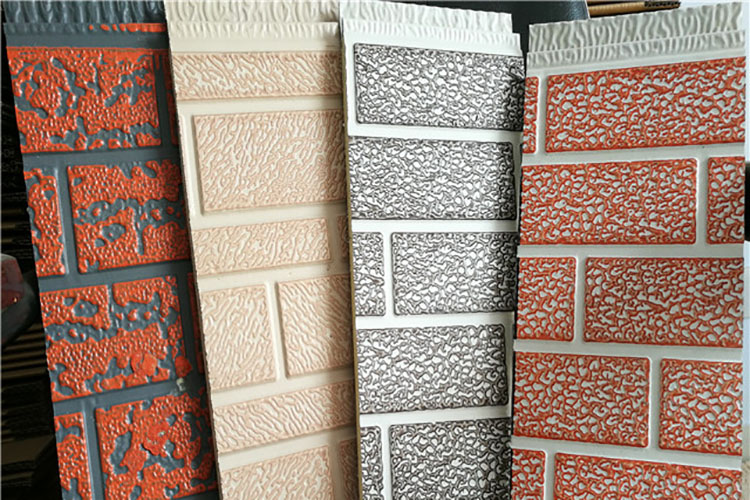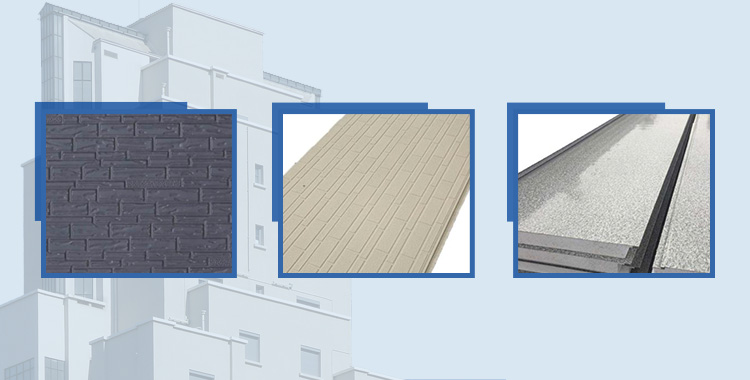Insulation Principles and Advantages of Insulation Materials
The thermal insulation principle of thermal insulation materials is mainly to use static air and most gases such as carbon dioxide, nitrogen, etc., whose thermal conductivity is very low. Solid materials are used to limit the convection performance and infrared transmission performance of the air through a special structure. The purpose of insulation. This principle determines that insulation materials are usually light, loose and porous.
The main advantages of thermal insulation materials are as follows:
1. Economic benefits: The use of thermal insulation materials can not only save a lot of energy costs, but also reduce the scale of mechanical equipment (air conditioning, heating) and save equipment costs.
2. Environmental benefits: Insulation materials can not only save energy, but also reduce the amount of polluting gas emitted by the equipment due to the reduction of the use of mechanical equipment.
3. Comfort: The heat preservation of the building can reduce the fluctuation of indoor temperature. Especially when the seasons change, the room temperature can be kept stable. In addition, thermal insulation materials are generally sound-insulating, and the interference from external noise is reduced.
4. Protection of structures: drastic temperature changes will destroy the structure of the building structures, as well as the life of equipment and pipelines. The use of thermal insulation materials can maintain stable temperature changes, prolong the service life of buildings and equipment, and maintain the structural integrity of buildings.
5. Safety: The use and installation of thermal insulation materials help heat insulation and flame retardancy, and reduce casualties and property losses.



